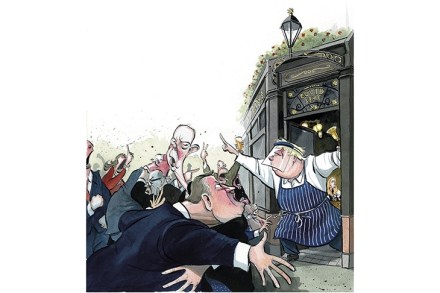What Jeff Bezos should have learnt from Neil Armstrong
Amazon founder Jeff Bezos joined the billionaire space race today in his suitably phallic looking New Shepard rocket. Bezos successfully travelled to just beyond the Karman Line: the official boundary between the earth’s atmosphere and the rest of the universe. So what sage words did the billionaire have for the rest of us as he looked out of the window at a sight that only 556 other humans have had the privilege to witness? A philosophical thought perhaps? A rumination on our planet’s beauty or fragility? Or maybe an assertion of mankind’s technical prowess? Alas, we were given none of this. According to the entrepreneur, as he descended on a rocket-powered





















